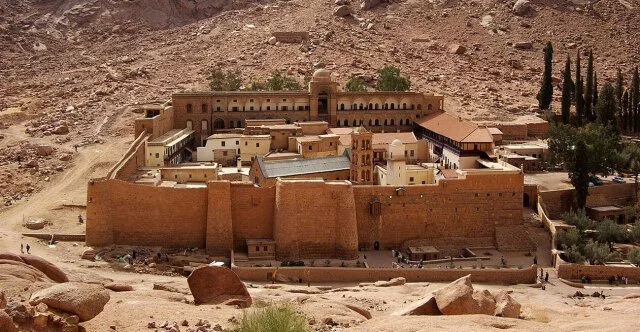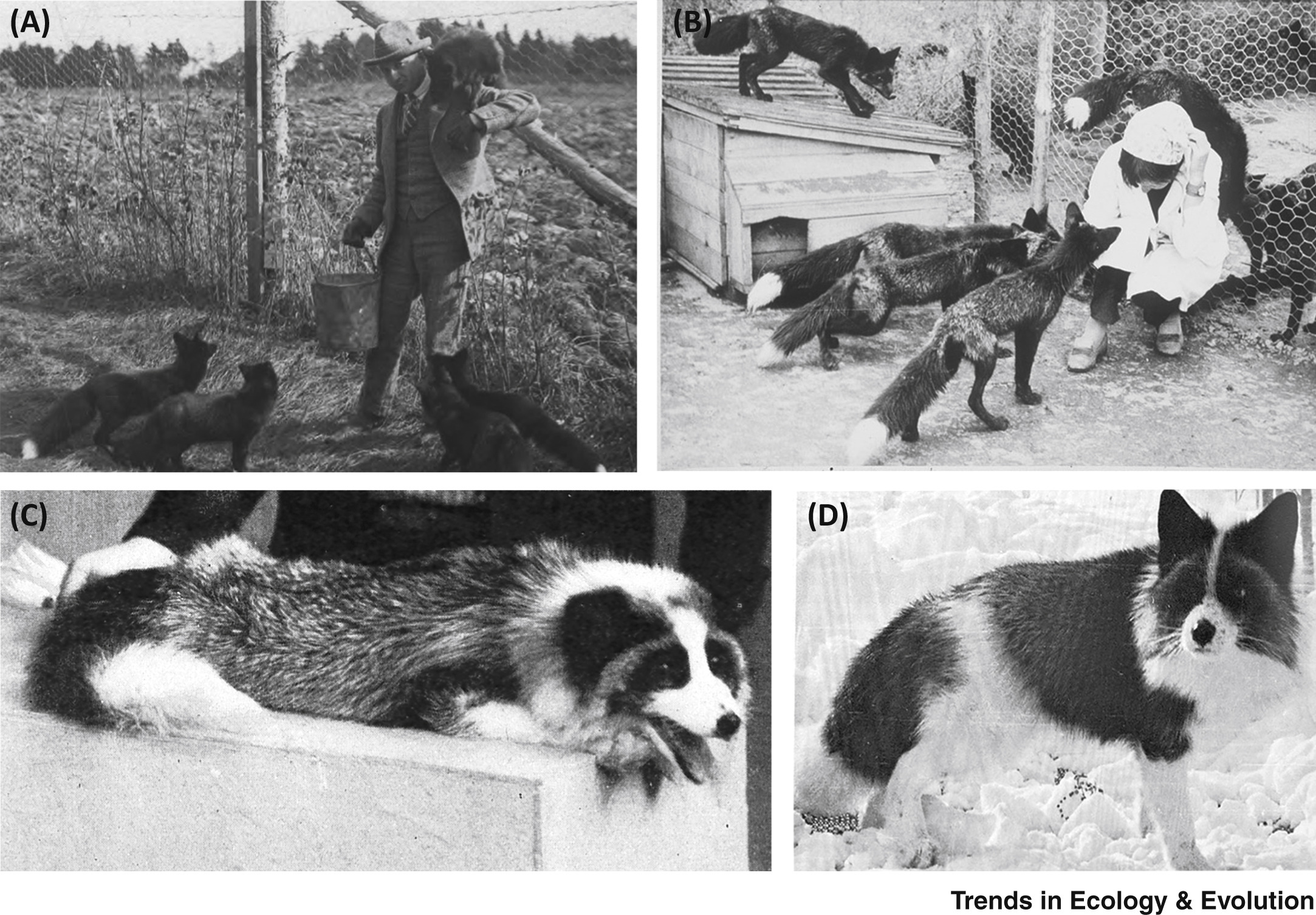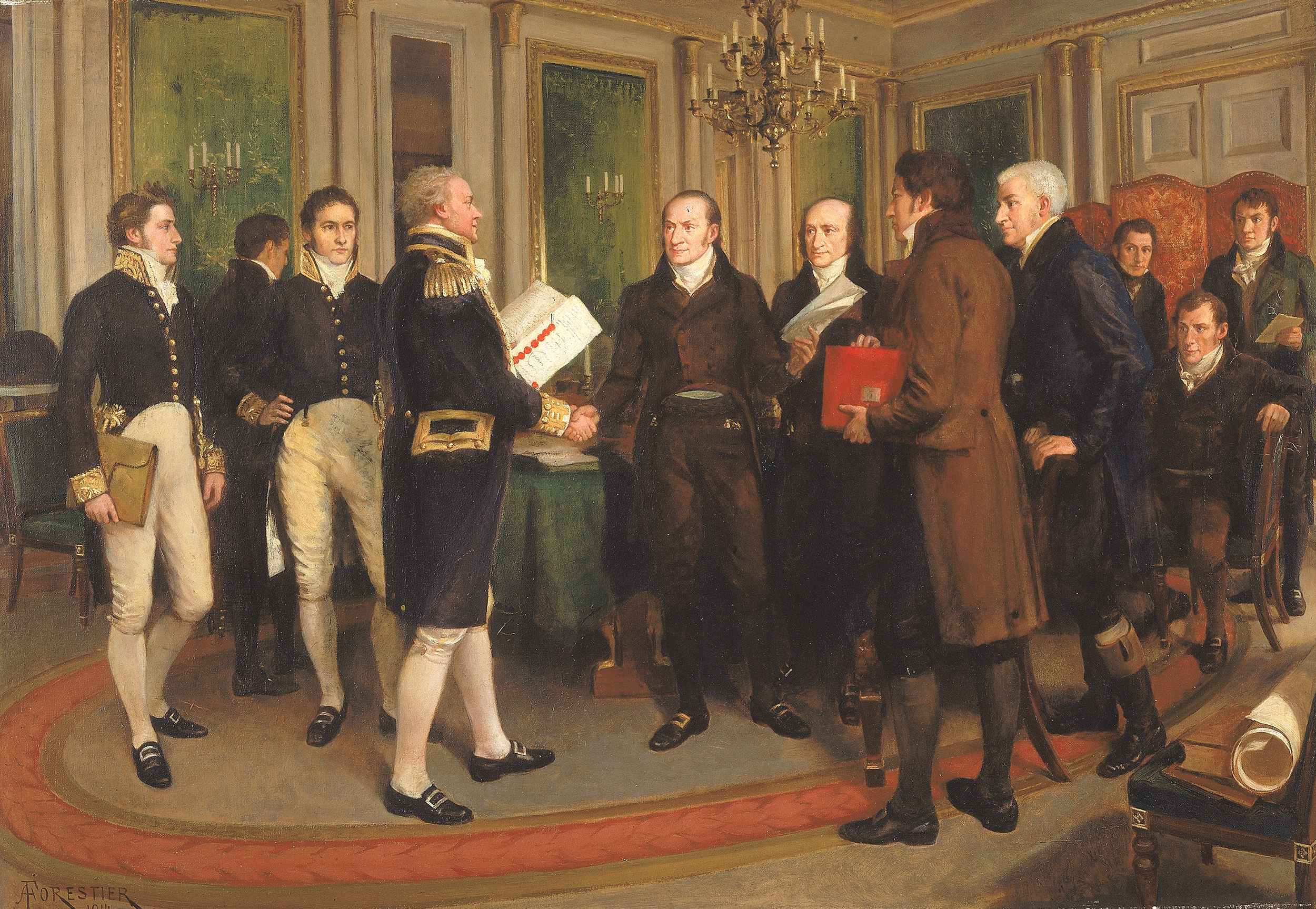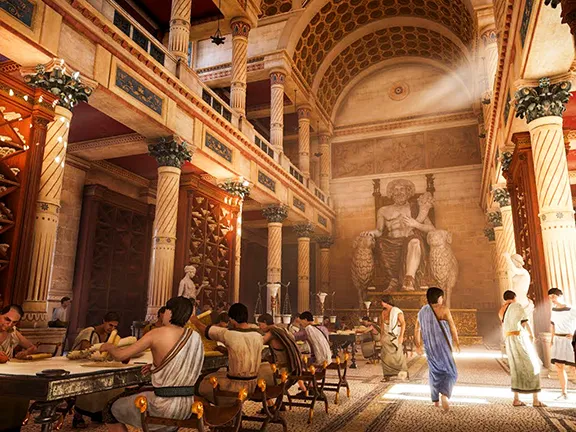The recent developments concerning Saint Catherine's Monastery in Sinai have sparked significant concern and controversy. A court ruling in Egypt has led to the nationalization of the monastery's property, with reports indicating plans to convert the historic site into a museum and evict the residing monks. This decision has been met with strong opposition from the Greek Orthodox Church and the Greek government, who view it as a violation of religious freedoms and a threat to a vital spiritual and cultural landmark.
Archbishop Ieronymos of Athens and All Greece has condemned the move, expressing deep sorrow and calling for immediate action to protect the monastery. He emphasized the monastery's significance as a beacon of Orthodoxy and Hellenism, now facing an existential threat.
In response to the backlash, Egyptian authorities have denied the reports of closure and eviction. The Ministry of Foreign Affairs clarified that the court ruling does not infringe upon the monastery's spiritual value or its affiliated archaeological sites. They affirmed that the monastery's legal status is preserved, and the monks retain the right to benefit from the religious and archaeological sites within the region.
The situation remains complex, with ongoing diplomatic discussions between Greece and Egypt. The Greek Ministry of Foreign Affairs is seeking further clarification, emphasizing the importance of adhering to previous agreements that safeguard the monastery's sacred status.
Saint Catherine's Monastery, founded in the 6th century by Byzantine Emperor Justinian I, is recognized as the world's oldest continuously operating Christian monastery. It holds immense religious, historical, and cultural significance, not only for the Orthodox Christian community but also for the broader international community.
As the situation unfolds, the global community watches closely, hopeful for a resolution that honors the monastery's profound legacy and ensures its preservation for future generations.







